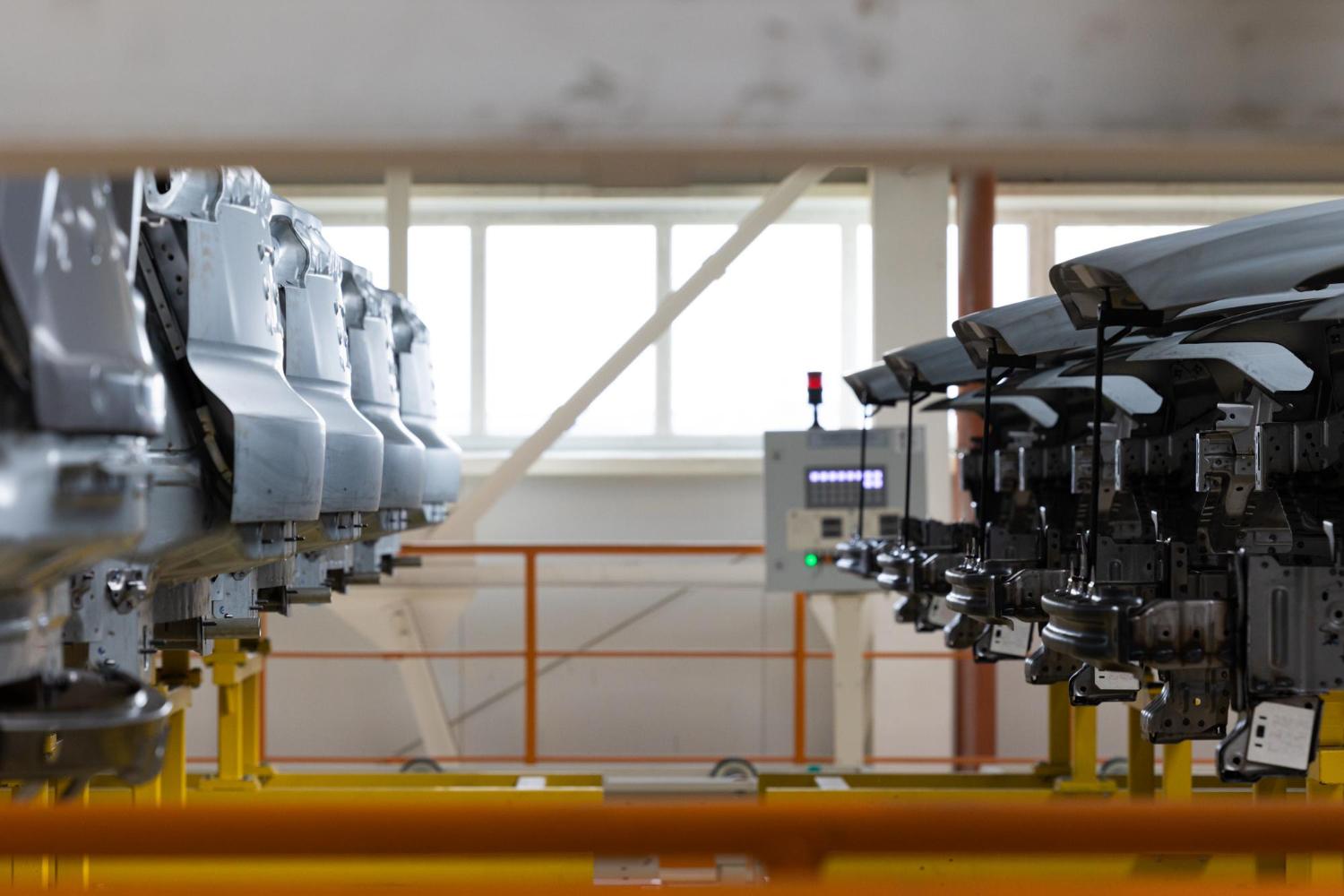Plastic injection moulding is a flexible manufacturing method utilised to make a wide range of plastic items, including automotive components and consumer goods like toys. The success of any injection moulding project largely depends on choosing the right resin, as the characteristics of the material directly influence the final product’s performance, toughness, and cost. This blog post will guide you through the important elements to contemplate when choosing a resin for plastic injection moulding so that you will make a good decision for your project. Whether you are a manufacturer or a resin supplier, this guide is designed to provide essential insights and valuable tips.
Understanding the Role of Resin in Plastic Injection Moulding
Resin is the raw material used in plastic injection moulding and determines many characteristics of formed objects. The right resin enhances product quality, flexibility, heat resistance or chemical resistance, and overall strength. On the other hand, selecting an improper one can result in warping, brittleness, or even failure during use.
There are various sorts of resins accessible, each with their own unique set of properties. Thus, it is important to align the resin’s characteristics with the specific requirements of your project.
Key Components to Consider When Selecting a Resin
Mechanical Properties:
Tensile Strength: This is the maximum stretch that a material can withstand while being extended or pulled before breaking. High tensile strength resins are ideal for components that will bear heavy loads.
Flexural Modulus: This measures a material’s stiffness under bending conditions. For products that need rigidity, a resin having high flexural modulus is preferred.
Impact Resistance: Some applications require materials which can bear sudden forces or shocks without breaking apart. In such cases, one should choose a resin with high impact resistance.
Thermal Properties:
In high temperatures, crystalline materials exhibit greater resistance to deformation than amorphous ones. Under these conditions, the degree of crystalline structure increases significantly as well as specific heats.
Temperature at which material begins to deform under a given load is called Heat Diversion Temperature (HDT). High HDT resins are appropriate for parts exposed to high temperatures.
This is glass transition temperature – the temperature at which a resin turns from a hard, solid state into a soft one with rubbery feel. The resins that have the proper Tg ensure that product’s shape remains unchanged during its intended temperature ranges.
Most Commonly used Resins in Plastic Injection Moulding
Polyethylene (PE):
Properties: Flexible, chemically safe and available in different densities.
Applications: Used in packaging, containers and household items.
Polypropylene Plastics (PP):
Properties: High chemical resistance, good fatigue resistance and light weight.
Applications: Ideal for car parts, consumer products and medical devices.
Acrylonitrile Butadiene Styrene (ABS):
Properties: High impact resistance, high thermal stability and excellent machinability.
Applications: Commonly used in electronic housings, automotive components and toys.
Polyamide (Nylon):
Features: It is too tall malleable, having a capacity to resist wear and excellent thermal properties.
Uses: It has usage in gears, fasteners and the main components.
Polyethylene Terephthalate (PET):
Features: It is strong, has an ability to barrier gases and can be recycled.
Uses: Widely used for beverage containers, food containers and packing materials.
Choose the Right Resin Manufacturer
Choosing a resin is just the first step. In order to achieve success with your plastic injection moulding project, it is important to work with a credible resin manufacturer. An experienced resin supplier will not only provide high quality materials but also technical help to enable you identify the best resin for your specific application. They must be able to maintain consistent production of quality resins on schedule, so that your production processes can go smoothly.
When deciding on which resin manufacturing company you are going to choose from consider these aspects:
Materials Variety: Look for a company which produces many types of resins as this would give one more options when looking for perfect material for their project.
Technical Ability: A manufacturer with strong technical support is able to offer invaluable advice about selecting materials, processing conditions and troubleshooting.
Track record and Thorough Quality: Choose a manufacturer who has successfully delivered good items consistently.
A conclusion
The choice of resin for plastic injection moulding is essential which affect the performance, life span and cost of the end product. The selection can be made with reference to mechanical and thermal properties, chemical resistance and environmental considerations so as to pick the most suitable option to your project requirements.
